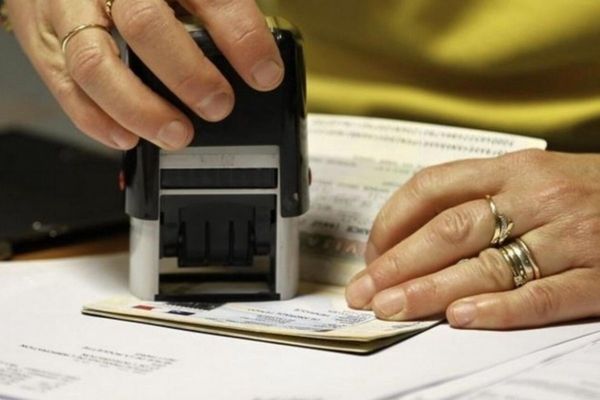A reader asks if they can be imprisoned if they are unable to reach a deal with the bank.
Question: I have defaulted on credit card payments due to job loss. I tried to settle at a lower amount, but couldn’t reach a deal with the bank. As a result, the bank has filed a case against me. So, could I be jailed? What options do I have to get out of this financial trouble? How do I get out of this, legally? Please guide.
Answer: Pursuant to your queries, it is assumed that you have not provided a security cheque while availing credit card facility and currently the lender from where you have availed credit card facility has filed a civil case against you for non-payment of credit card instalments. Therefore, the provisions of Notice No. 3692/2012 of Central Bank of the UAE pertaining to General Terms & Conditions and Loan Agreements texts drafted and approved by Emirates Bank Association and the provisions of UAE Federal Decree Law no. 42 of 2022 on Civil Procedures Law and the provisions of Federal Decree Law No. 19 on Insolvency are applicable.
In the UAE, a credit card facility provided by a lender to a borrower may fall under the provisions of rules and regulations governing the terms and conditions of a personal loan. When a credit card facility is granted to a borrower, a lender may obtain a signed loan agreement or application form from the borrower which contains the terms and conditions related to the credit card facility.
A holder of a credit card who fails to pay three consecutive monthly bills of credit card or six non-consecutive bills of credit card may be considered as an event of default.
This is in accordance with Article 4 (4) of the Personal Loan Agreement format of Loan Agreements Formats Approved by the Central Bank of UAE, which states:
"The loan elapses and all the instalments, interests and any other fees and expenses become due and payable immediately without having to give any notification or any court ruling and without prejudice to any other rights of the bank according to this agreement or in accordance with the law - in the event that the borrower failed to pay three consecutive instalments or six non-consecutive instalments of the monthly instalments without approval of the bank.”
Based on the aforementioned provision of law, your lender may have approached the relevant court which has jurisdiction if the outstanding amount is more than Dh10,000 and may have requested to impose a travel ban on you in accordance with provisions of Article 324 and Article 325 of Civil Procedures Law, which came into force on January 2, 2023. Additionally, your lender may have filed a civil case against you in court to recover the outstanding debt. If the final judgement is not in your favour, the lender may proceed to file execution proceedings against you and that may include a request to impose a travel ban and issue an arrest warrant against you.
Therefore, if the relevant court which has jurisdiction issued a judgement directing you to pay the outstanding amount to the lender along with the court fees, lawyer’s fees, interest and other expenses as mentioned in the judgement you may have 30 days to file an appeal against the judgement. However, if you do not file an appeal within 30 days, the lender may file an execution before an execution judge in the court. In the execution case, the lender may claim the entire amount including the outstanding amount, court fees, lawyer’s fees, other expenses and interest mentioned in the final judgement. The total of the said amount is considered as the execution amount, and you may have to pay the execution amount within 15 days from the date you receive notification from the court.
As you find it difficult to settle the dues with the lender you may file an application to the execution judge in the court to allow you to pay the execution amount in instalments or may seek further time to pay the execution amount.
However, while filing an application before the execution judge seeking payment of execution amount in instalments you may have to pay a certain percentage of execution amount to gain the confidence of the court and the lender that you have the intention to repay the remaining execution amount.
In the event, you file an appeal against the judgement of the first instance court and thereafter if the appeal court upholds the decision of the first instance court, the lender may have the option of filing execution immediately upon judgement passed by an appeal court which may include a travel ban and an arrest order against you.
Alternatively, you may request the bank for a settlement, or you can approach a court of competent jurisdiction for voluntary settlement of your debts with your lender or commence insolvency proceedings against you as per the provisions of UAE Insolvency Law which applies to individuals in the UAE.
However, it is at the discretion of such court to favourably consider your application for voluntary settlement of debts or commence insolvency proceedings against you.
News Source: Khaleej Times









